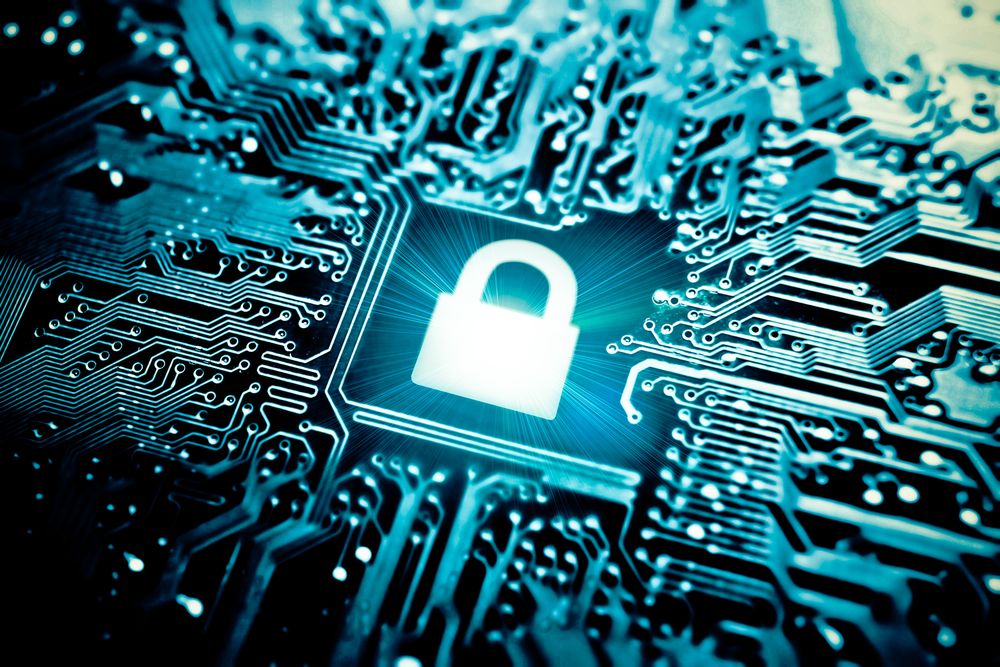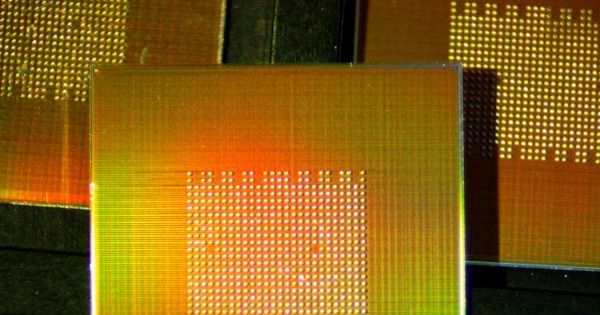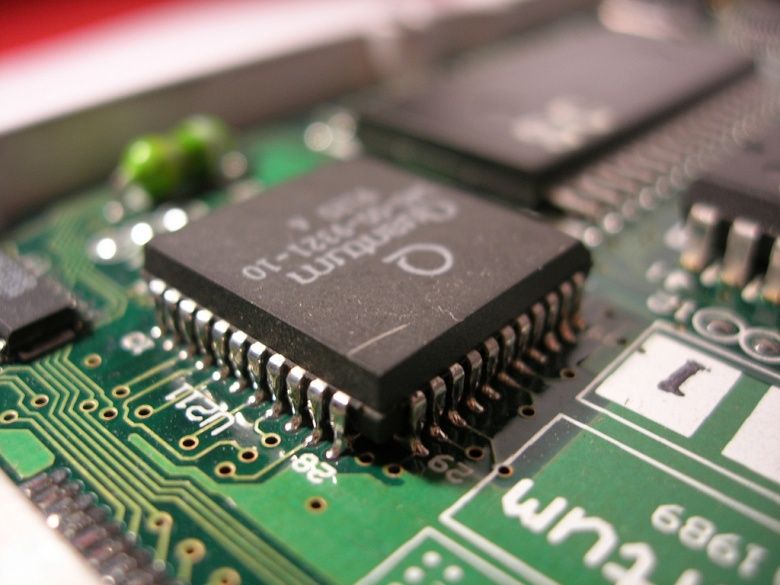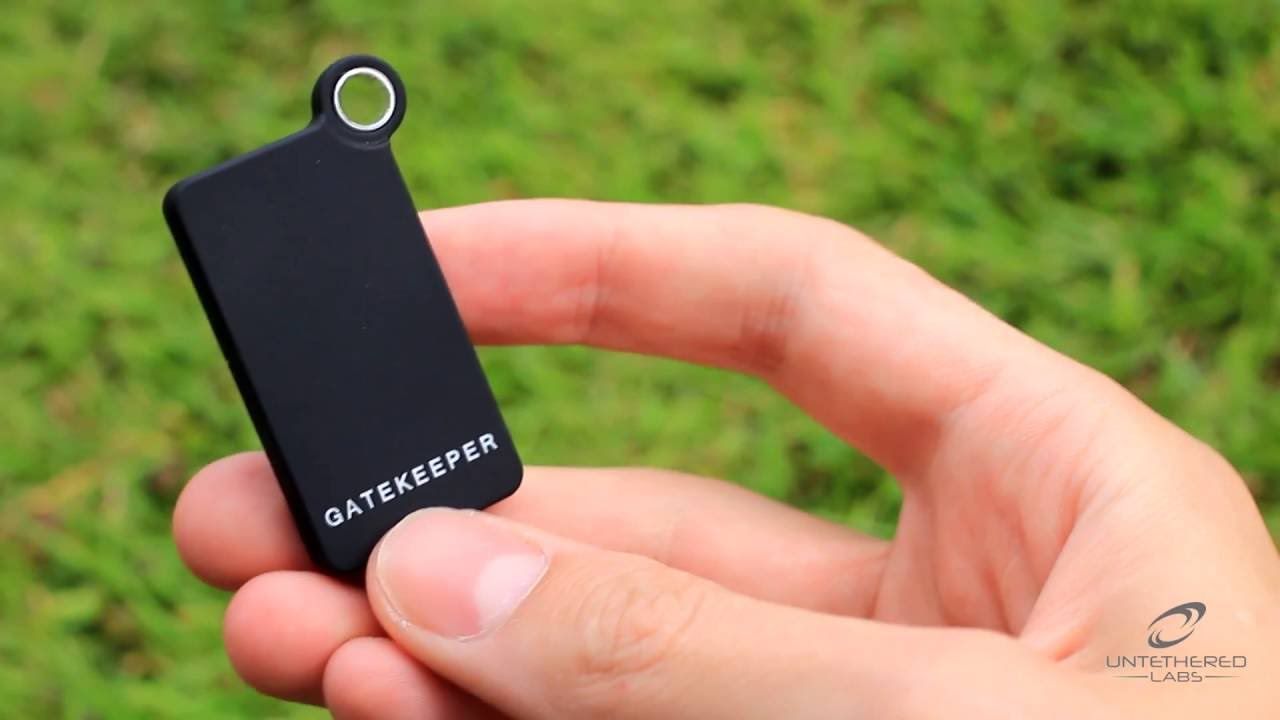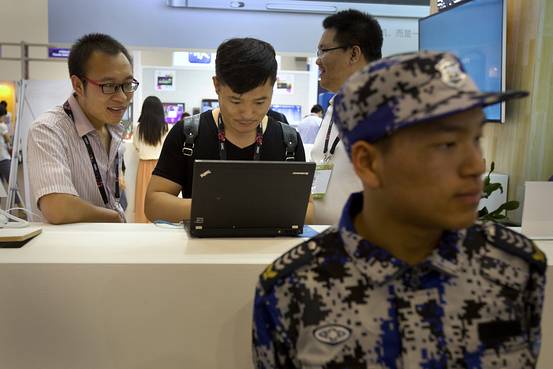Wireless security and internet standards experts release a complete quantum resistant toolkit for commercial use.
TORONTO, Sept. 19, 2016 /CNW/ — 4TH ETSI/IQC Workshop on Quantum-Safe Cryptography – ISARA Corporation today announced the availability of its ISARA Quantum Resistant (IQR) Toolkit. The toolkit helps software and hardware solution providers build robust commercial products that protect vulnerable infrastructure against the threat quantum computing already poses to widely-used security standards.
Similar to the Y2K crisis, the technology industry is facing a ‘Y2Q’ (years to quantum) challenge that has a limited timeline and requires significant work to ensure systems and information are properly protected. The massive processing power of quantum computers is such that, without integrating quantum resistant security solutions, all security that depends on existing standards is vulnerable.

